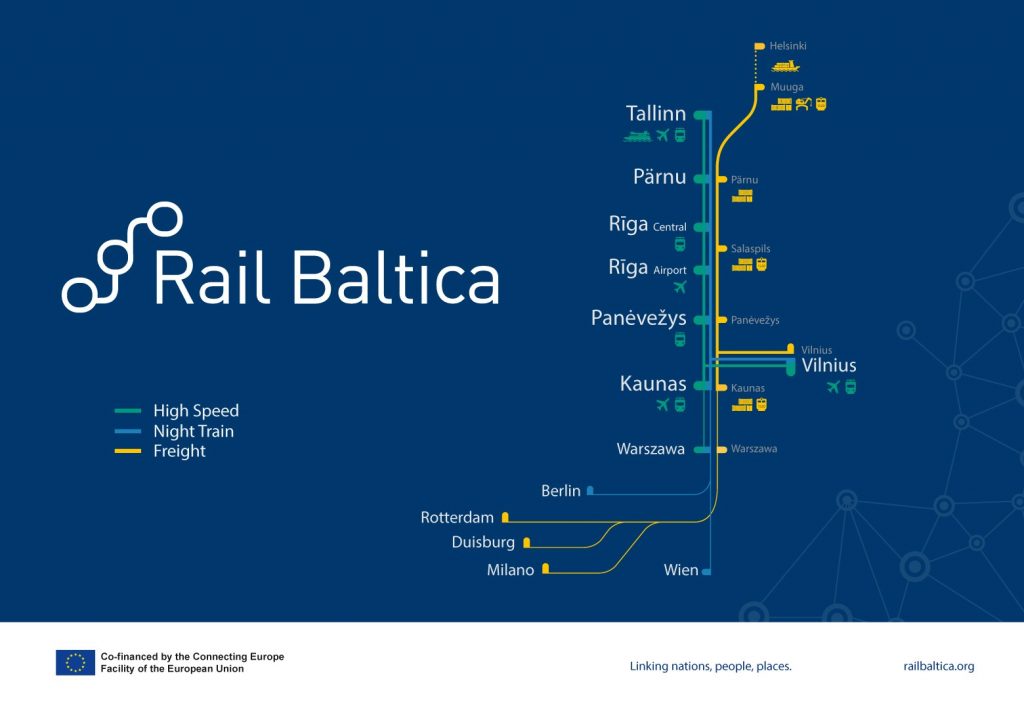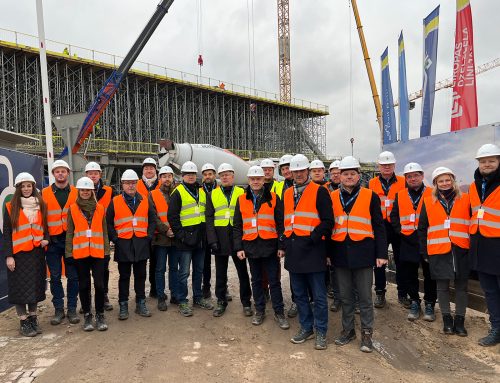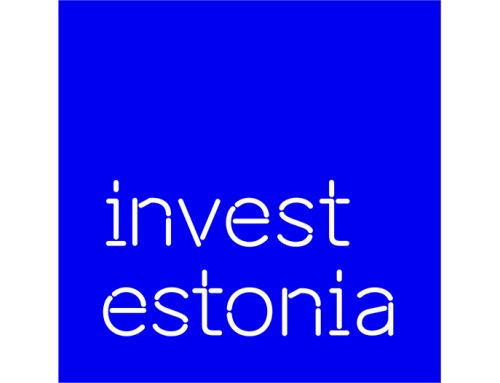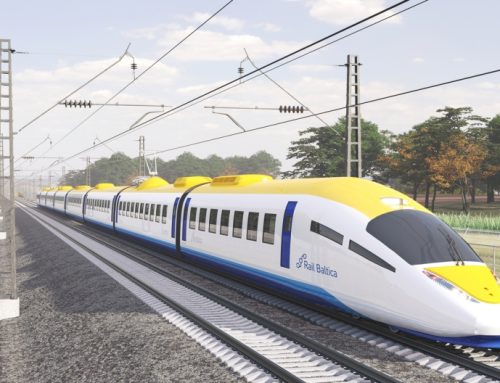According to a recent study based on the anticipated passenger demand, Rail Baltica will offer a fast train connection between the capitals of the Baltic States every two hours – in 2026 every day four high-speed trains will run from Tallinn to both Vilnius and Warsaw. During the first 10 years of operation, it is planned to add two departures on both routes on a daily basis. The high-speed trains will reach a top speed of 200 km/h, which will enable to travel from Tallinn to Vilnius in 3 hours and 38 minutes.
Rail Baltica high-speed trains will run from Tallinn to Pärnu with an intermediate stop in Rapla in 40 minutes, to Riga city center in 1:42, Riga airport 1:52, Panevėžys 2:39, Kaunas 3:18, Vilnius 3:38 and Warsaw in 6:47. In addition, there will be night trains between Tallinn and Berlin, and between Vilnius and Berlin, which will provide passengers with a stable direct connection to Western Europe.
“The Muuga-Pärnu-Salaspils-Panevėžys-Palemonas-Warsaw route is planned for freight transport. Freight trains run at speeds of up to 120 km/h and, according to preliminary plans, 12 freight trains will run every day on the RB route in 2026. Within the framework of Rail Baltica, three large-scale multimodal freight terminals – Muuga in Estonia, Salaspils in Latvia, and Palemonas in Lithuania – will be built to facilitate freight transport,” said Aivar Jaeski, RB Rail AS country manager for Estonian and Finland while introducing the operational plan to the members of the business network.
At the last Rail Baltica Business Network meeting in Tallinn, entrepreneurs had the opportunity to exchange ideas for the first time with the new CEO of the joint venture RB Rail AS Mr Timo Riihimäkki, who welcomed the private sector’s lively interest in the project.
“By the end of last year, we completed the Service Contract for the European Commission (DG-MOVE) on the establishment of business networks in the five countries on the RB route, as well as the study on the business case of Rail Baltica. This year, the business network will continue with our regular meetings and activities, as the Rail Baltica project is entering its implementation phase, which also means increasing interest from the private sector,” commented Tõnis Tamme, who is a board member of Rail Baltica Business Network and partner at law firm TRINITI.
The non-profit Rail Baltica Business Network Estonia was established in 2014 to provide entrepreneurs an opportunity to contribute to the Rail Baltica project and to analyse and promote the business potential of the new railway. Currently the business network has 25 corporate members and one supporting member (University of Tallinn).






